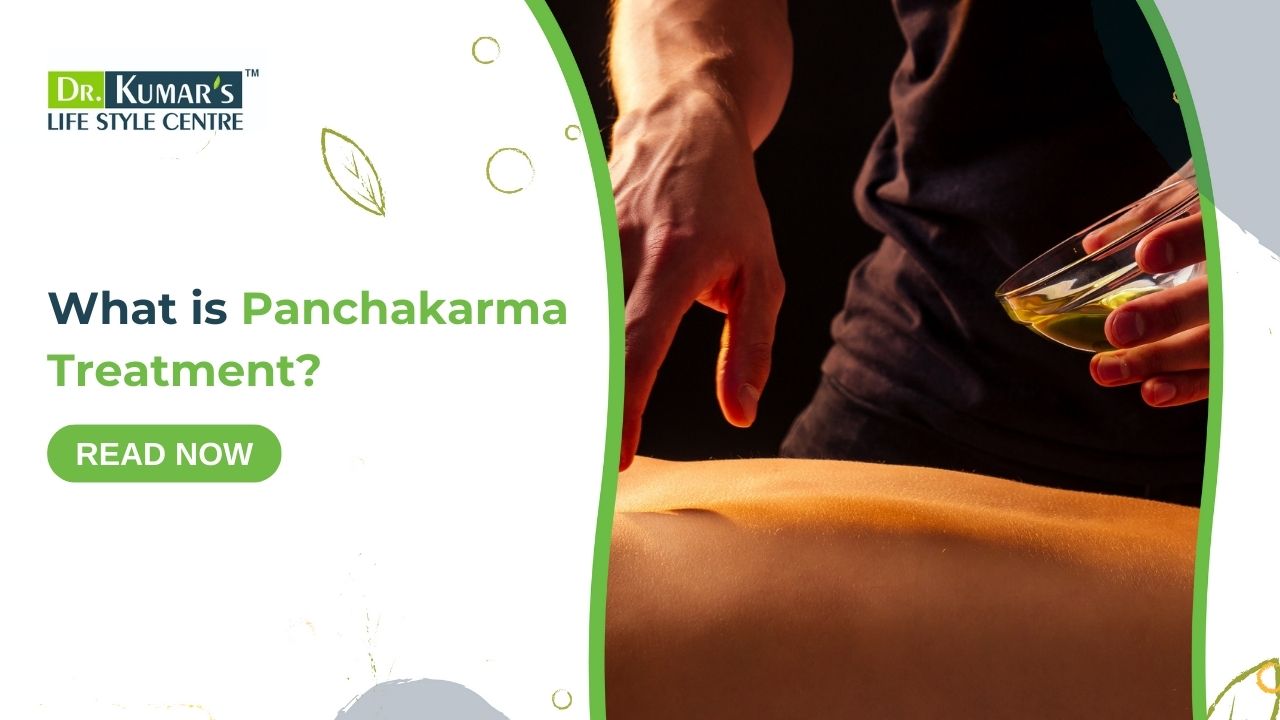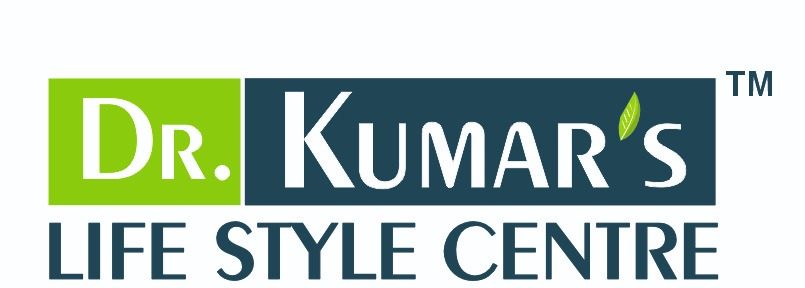
What is Panchakarma Treatment?
- Dr Kumar
Panchakarma treatment, also known as Panchakarma therapy, is one of the most revered and holistic methods of cleansing the body, mind, and spirit in Ayurvedic medicine. Rooted in the ancient Indian system of healing, Panchakarma focuses on the removal of toxins, known as “Ama,” from the body and rebalancing the body’s energies or doshas. This therapy not only detoxifies the body but also rejuvenates it, restoring vitality, promoting wellness, and enhancing overall health.
In this blog, we will explore the concept of Panchakarma treatment, its significance, benefits, and precautions, shedding light on this ancient Ayurvedic therapy that continues to heal people worldwide.
What is Panchakarma?
Panchakarma translates to “five actions” or “five treatments.” These five therapeutic procedures are designed to detoxify and cleanse the body, ensuring a healthy balance of the three doshas – Vata, Pitta, and Kapha. The core principle of Panchakarma therapy is based on the idea that imbalances in these doshas lead to physical and mental disorders, and detoxifying the body can restore harmony and well-being.
The Panchakarma treatment involves the following five therapeutic actions:
- Vamana (Therapeutic Vomiting): This process is designed to eliminate excess mucus and toxins from the stomach and upper respiratory system. It is highly effective in treating conditions like asthma, sinusitis, and chronic cough.
- Virechana (Purgation Therapy): This method focuses on cleansing the digestive tract by inducing controlled purgation. It primarily eliminates toxins from the liver and intestines and is beneficial in treating conditions like irritable bowel syndrome (IBS), constipation, and skin disorders.
- Basti (Enema Therapy): In this treatment, medicated oils or decoctions are administered through the rectum to clean the colon. It is highly effective for balancing Vata dosha and helps in conditions like arthritis, back pain, and gastrointestinal problems.
- Nasya (Nasal Therapy): Nasal administration of medicated oils or powders clears toxins from the head and neck region. It is particularly beneficial for treating sinus congestion, migraines, and stress-related issues.
- Raktamokshana (Bloodletting): This therapy involves the removal of impure blood to reduce excess heat and toxins in the body. It is beneficial for skin conditions, acne, and certain blood-related disorders.
Benefits of Panchakarma Treatment
The benefits of Panchakarma are numerous, ranging from detoxification to the rejuvenation of the entire body. Here are some of the most significant benefits:
- Detoxification of the Body: Panchakarma cleanse is designed to remove accumulated toxins, pollutants, and waste from the body, allowing it to function optimally.
- Restoration of Dosha Balance: The therapy helps in balancing the doshas, which can prevent the onset of diseases and promote overall wellness.
- Improved Digestion: One of the major aspects of Panchakarma therapy is the improvement of digestive health. By cleansing the digestive system, Panchakarma aids in better nutrient absorption and overall health.
- Boosts Immunity: Detoxification and rejuvenation through Ayurvedic Panchakarma treatment strengthen the immune system, making the body more resistant to infections and diseases.
- Stress Reduction: Panchakarma not only cleanses the body but also promotes mental clarity, peace, and relaxation, making it an excellent therapy for stress relief.
- Improved Skin Health: The detoxification process helps in clearing toxins from the body, which can lead to improved skin health, reducing acne, eczema, and other skin issues.
- Rejuvenation: Panchakarma is designed to promote rejuvenation, revitalizing the body and mind, and enhancing vitality and longevity.
Panchakarma Treatment Side Effects
While Panchakarma is generally considered safe and beneficial, there are some Panchakarma treatment side effects that individuals should be aware of. These are usually mild and temporary but can include:
- Fatigue: During the detoxification process, the body may feel fatigued as toxins are flushed out. This is a natural part of the process, but adequate rest is essential.
- Digestive Discomfort: Some individuals may experience mild digestive discomfort, such as bloating or nausea, especially during the first few days of the treatment. This typically resolves as the body adjusts.
- Headaches: Headaches can occur due to the release of toxins or dehydration during the treatment. Drinking plenty of water and taking rest can alleviate this issue.
- Skin Reactions: Occasionally, the body may experience temporary skin reactions, such as rashes or dryness, as toxins are eliminated.
Precautions After Panchakarma
After undergoing Panchakarma treatment, it is essential to follow certain precautions after Panchakarma to ensure that the body continues to heal and maintain balance. These include:
- Follow a Light Diet: After the treatment, it is important to consume light, easily digestible food that is warm and nourishing. Avoid heavy, oily, or spicy foods that may disturb the digestive system.
- Avoid Stressful Activities: Post-treatment, you should avoid strenuous physical activities and manage stress to allow the body to rest and recuperate fully.
- Stay Hydrated: Drink plenty of water and herbal teas to support the detoxification process and keep the body hydrated.
- Rest and Rejuvenate: Adequate rest is crucial after the treatment. Your body needs time to heal and regain its strength.
- Follow Ayurvedic Guidelines: It’s important to adhere to the post-treatment Ayurvedic guidelines provided by the practitioner for optimal results and long-term wellness.
Choosing the Best Panchakarma Centre
If you’re considering Ayurvedic Panchakarma treatment, selecting the right Panchakarma center is essential which must follow good hygiene practices and must be accredited with NABH to ensure quality. The best Panchakarma Center in Fardabad, Dr. Kumar’s Lifestyle Centre, an NABH accredited center, offers personalized care, expert practitioners, and a tranquil environment to ensure the therapy is carried out with medical grade hygiene, precision and care.
At Dr. Kumar’s Lifestyle Centre, you can expect a holistic approach that not only focuses on detoxification but also aims for long-term health and wellness. The experienced team of Ayurvedic practitioners at the canter ensures that every treatment plan is tailored to your individual needs, ensuring the best results.
Conclusion
Panchakarma treatment is a powerful detoxification and rejuvenation therapy that offers numerous health benefits. From cleansing the body of toxins to balancing the doshas, Panchakarma therapy provides a holistic approach to health and well-being. While the treatment can have some mild side effects, they are temporary, and the long-term benefits far outweigh them.
If you are looking for a natural way to restore balance, cleanse your body, and rejuvenate your spirit, Panchakarma may be the perfect solution. By choosing the right centre, following the prescribed precautions, and embracing the therapeutic process, you can experience the transformative effects of this ancient Ayurvedic treatment. Dr. Kumar’s Lifestyle Center offers exceptional Panchakarma therapy that can guide you toward a healthier, more balanced life.
